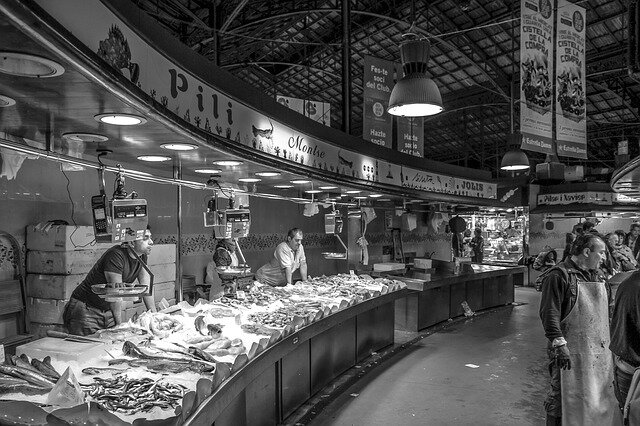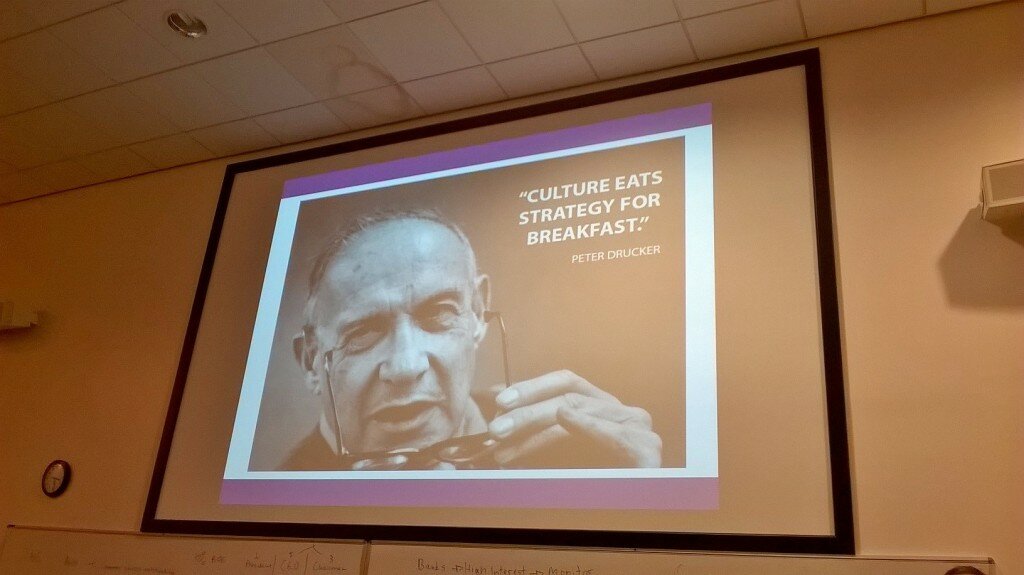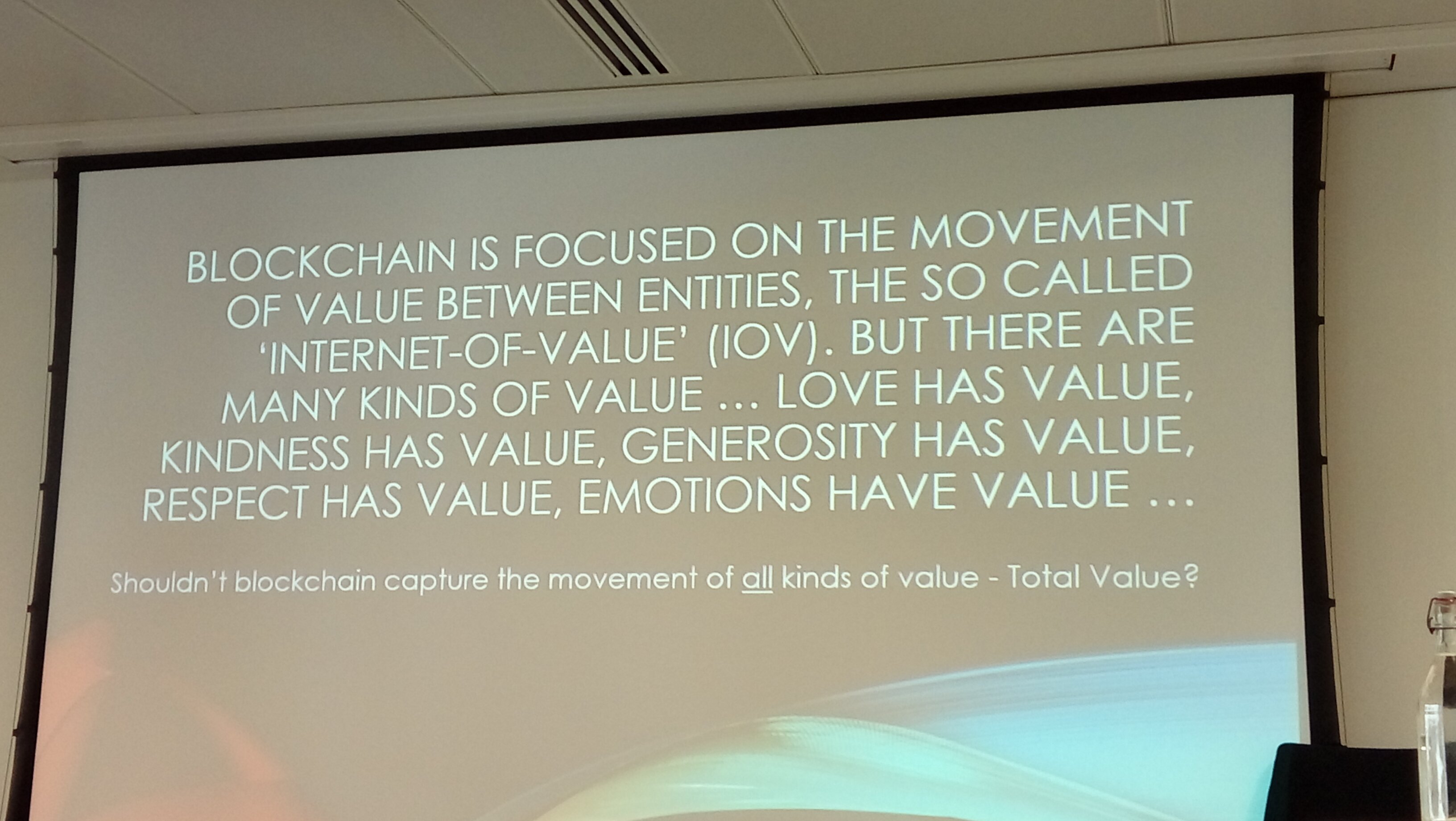The rapid social and technological changes that we see in our Digital Economy inevitably result in conditions of considerable environmental uncertainty. This is giving rise to more and more ‘wicked problems’ across business sectors, government, and society at large.
What’s a ‘wicked problem’? It’s a problem that’s intractable, systemic, and features interconnected and tangled issues that vie for importance. It’s a problem that’s almost impossible to address, because no one knows where to start.
In short, it’s any issue that:
- Features a complex and ambiguous topic;
- Is multi-disciplinary and requires many different types of actors;
- Confronts uncertainty through iterative experimentation to generate insight rapidly;
- Uses collaborative/interactive working to foster active learning; and
- Has potential for considerable Impact.
More and more business and sociological dilemmas are answering this description. Can the technological change that has fostered the uncertainty, also provide a solution?
The global food industry may have a wicked problem on its hands.
If the food industry is not in crisis, it certainly contains a number of critical elements and associated risks. Food waste, food scares, issues of price and value, industrialisation of processes, complicated legislation, and trust and provenance are just a few factors that combine to make this particular wicked problem, particularly intractable.
Recent developments in the digital economy could help. The blockchain, for example, potentially offers significant opportunities within agricultural supply chains.
Blockchains (or distributed ledgers) are the technology that underpin cryptocurrencies like Bitcoin, but their use is not limited to currencies. They record information in a distributed ledger in a way that is both secure and immutable; by being distributed among many users these ledgers are resilient with no single point of failure, and they can be (depending on design) transparent to all users. Described by as “the trust machine”, they provide supply chain transparency and data integrity, allowing a visible assurance of authenticity.
However, blockchain solutions have their own limitations.
To find out more about the interplay between Digital and one of the most traditional industries, read Dr Phil Godsiff’s piece in The Conversation. You won’t see Blockchain the same way again.






